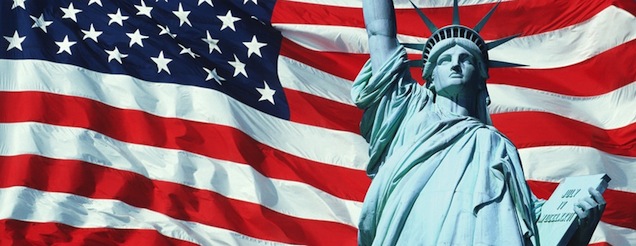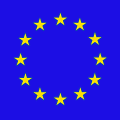Donald Trump is correct to raise the larger question
Donald Trump is mistaken to suggest that a president could easily force Apple to make iPhones in America by slapping tariffs on imports from China. But he is correct to raise the larger question of whether America could be manufacturing and exporting more than it does while importing less.
The answer is yes.
Take Intel’s investment in a microprocessor chip factory in China. A very large portion of the chips that power the world’s computers is made by Intel in the United States. Chip production is highly capital and technology intensive and not at all labor intensive, so cheap Chinese labor is not a reason for producing there. In terms of production costs and quality, the U.S. is quite competitive. Before Intel’s facility in China started up, America had a large trade surplus with China in semiconductors largely due to the export of microprocessors.
But China, like many other countries, aggressively promotes production in China, especially of high tech, high productivity items. As Intel’s former CEO Paul Otellini has noted, because of Chinese tax breaks, infrastructure and land contributions, Intel saves about $100 million a year in China vs. having the same facility in the U.S. These microprocessor plants create lots of high paying jobs. Yet, while state governments have some incentive programs, the U.S. government does little even to keep track of, much less counter, other countries’ incentives.
Or look at exchange rates. Countries from South Korea to Switzerland periodically buy or sell their own currencies in global markets to maintain an artificially low exchange rate with the dollar. This boosts their exports while reducing imports. The U.S.-Korea Free Trade Agreement of 2012 was supposed to reduce the U.S. bi-lateral trade deficit. By now, however, that deficit has grown by $13 billion in part due to Korean currency intervention.
Yet, Washington has been loath to offset currency intervention and has never included effective currency provisions in any free trade deals.
If America just acted reciprocally with its free trade partners, it would make a lot more.
Clyde Prestowitz is president of the Economic Strategy Institute and a former trade negotiator for the Reagan administration. His most recent book is Japan Restored.
Written by Clyde Prestowitz – president of the Economic Strategy Institute and a former trade negotiator for the Reagan administration. His most recent book is Japan Restored.




















Lascia un commento